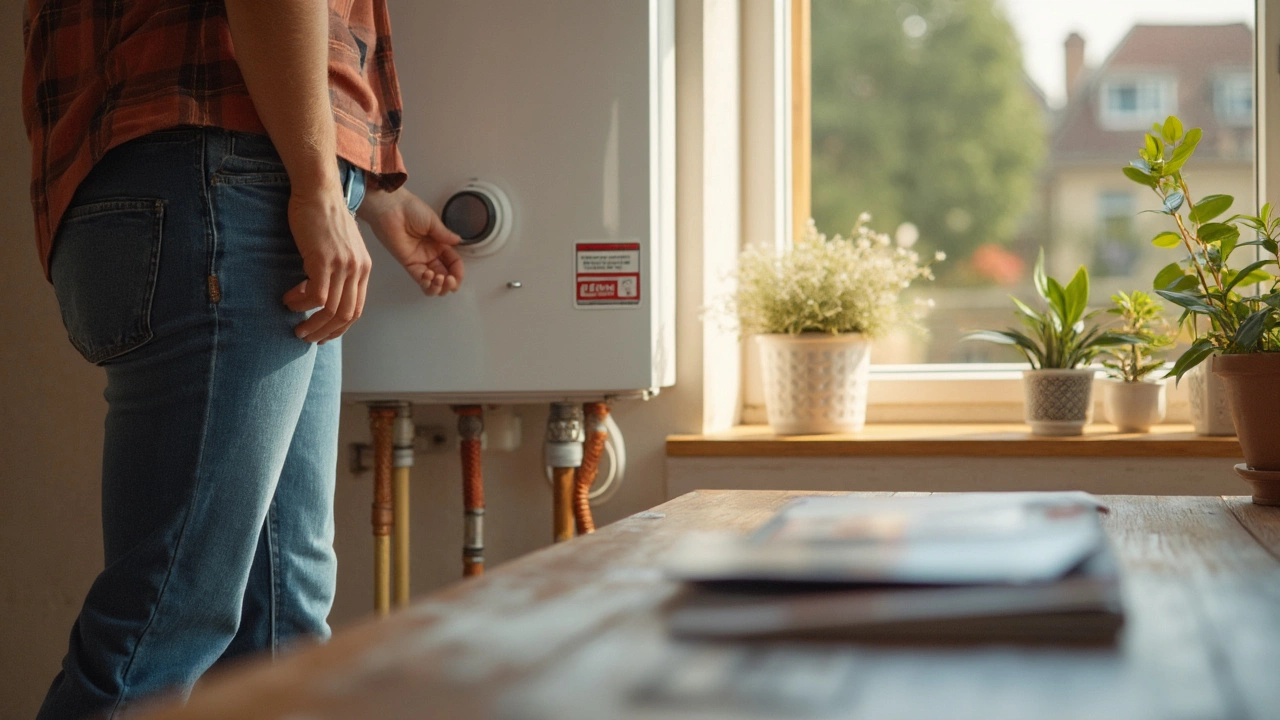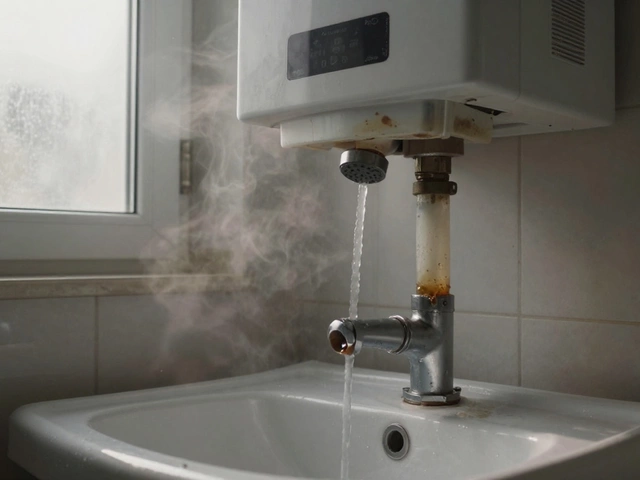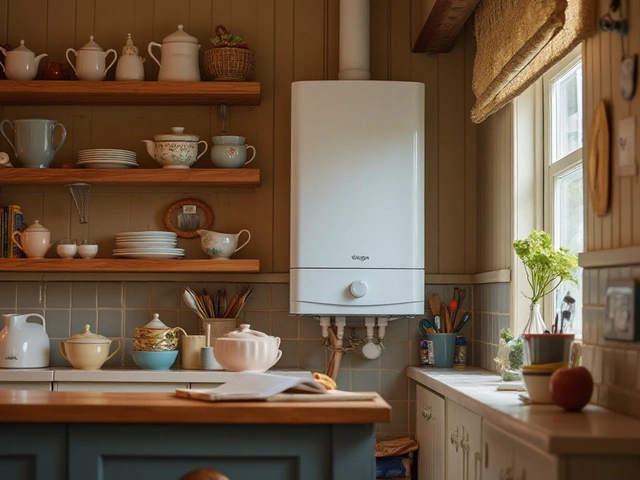Microwave Failure: The Most Common Causes and How to Spot Them
July 10 2025Heating Maintenance: Keep Your Home Warm and Safe
Feeling a chill in the house when the weather turns cold? It’s often a sign that your heating system needs some love. Regular maintenance isn’t just about preventing breakdowns – it saves money, cuts energy bills, and keeps everything running safely. Below you’ll find practical steps you can take yourself and clear signs that it’s time to call a professional from Bedford Gas Appliance Repair Services.
Why regular heating maintenance matters
Every time your boiler, heat pump, or water heater fires up, it works a little harder. Over time that extra effort builds up wear on components like seals, pumps, and burners. When those parts start to fail, you’ll notice odd noises, uneven heat, or even a sudden loss of hot water. Ignoring the issue can lead to expensive repairs or, worse, dangerous leaks of gas or carbon monoxide. A quick annual service catches these problems early, keeps efficiency up, and prolongs the life of the whole system.
Easy DIY checks you can do each season
1. Look for leaks and corrosion. Walk around the boiler and any visible pipework. Any water spotting, rust, or damp patches could mean a leak that needs a professional’s attention.
2. Test the pressure. Most gas boilers have a pressure gauge on the front. The sweet spot is usually between 1 and 1.5 bar when the system is cold. If it’s lower, you can top it up using the filling loop – most manuals show a simple step‑by‑step.
3. Clean or replace filters. Heat pumps and some water heaters have air filters or inlet screens. A clogged filter reduces airflow, forces the motor to work harder, and can trigger error codes. A quick vacuum or wash usually does the trick.
4. Flush the water heater. Sediment builds up at the bottom of a tank, especially in hard‑water areas. Draining a few gallons once a year improves heating speed and prevents noisy rumbling.
5. Check the thermostat and controls. Make sure the thermostat reads the room temperature accurately. If you notice a big gap between the set temperature and the actual room temperature, the sensor may need recalibration or replacement.
Doing these checks twice a year – once before winter and once in spring – can spot most common issues before they turn into costly breakdowns.
When to call a pro
If you hear a loud banging, smell gas, see a persistent error code, or notice that the boiler won’t fire up at all, it’s time to stop DIY and call a certified engineer. Gas work is risky, and a qualified Bedford technician has the tools and training to safely address gas leaks, pressure problems, and complex component failures.
Also, if your system is more than 10‑12 years old, a full service can tell you whether a repair still makes sense or if a replacement would be more economical. New boilers come with higher efficiency ratings, which can cut your heating bills by up to 30%.
Bottom line: regular heating maintenance is the cheapest insurance policy for a warm, safe home. A few quick seasonal checks keep things running smoothly, and a professional service once a year catches the hidden trouble before it costs you thousands. Need help? Our Bedford team is just a call away, ready to keep your heating system in top shape all year long.
 6 Jun
6 Jun
Can I Service My Boiler Myself? What to Know Before You Try
Thinking about servicing your boiler yourself? This article breaks down what you can actually do with a home boiler, what jobs are best left to pros, and the real legal risks if you mess with it. You'll find practical tips, safety facts, and ways to save money without gambling with your heating—or your house. Discover simple things you can check or clean yourself and learn when it's smartest (and safest) to call in the experts. This is the no-nonsense guide to making sure your boiler keeps running and your wallet stays safe.
Read More...



